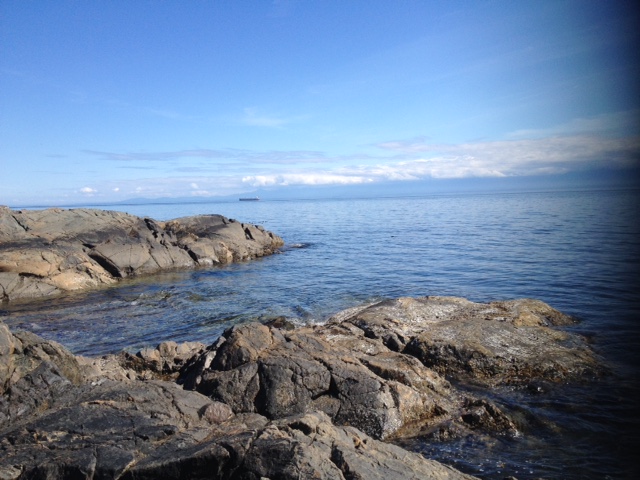
How You Can Benefit from Nature & Why It’s Important
How do you feel when you return home from a day or weekend of hiking, kayaking, camping, skiing, and being in nature? I feel relaxed, rejuvenated, an inner warmth; grateful for my body to have supported me to hike that challenging trail or to ski those moguls.
While in nature I am in awe of its beauty and at times the amazing stillness. I feel so relaxed and connected with what is around me.
There is more and more research about the benefits of being in nature and the negative impacts of not.
Richard Louv in his book “Last Child in the Woods: Saving Our Children from Nature-Deficit Disorder” (2005) coined the term Nature-Deficit Disorder. He has documented research on the negative impacts of children not spending time in nature including: attention difficulties, diminished use of the senses, obesity, and higher rates of emotional and physical illnesses. Research also suggests that the nature-deficit weakens children’s appreciation of and stewardship of the natural world.
“More recent research shows that the steady stress of urban living changes the brain in ways that can increase our odds of schizophrenia, anxiety and mood disorders [1].”
The positive impacts on health and well-being of spending time in nature have been well documented. Examples include the Japanese practice of “forest bathing” or “forest therapy”. Having set up forest bathing centers in a number of areas throughout Japan and conducting longitudinal studies for several decades, the Japanese have discovered that spending time among trees reduces your heart rate, reduces your blood pressure and increases the number of natural killer cells our bodies produce (i.e. strengthens our immune systems).
South Korea has implemented a National Forest Plan whose goal is “to realize a green welfare state, where the entire nation enjoys well-being”. They speak about “social forestry” and have initiated a number of programs and studies including: walking in hinoki forests, doing guided meditations, and special programs for everyone from cancer patients to prenatal groups, to children with allergies, to a forest healing program for fire fighters with PTSD.
I’m currently reading The Nature Fix by Florence Williams, a journalist who moved with her family from a quiet home in Colorado surrounded by nature to a noisy downtown Washington, DC home on a major flight path. She was so shaken by the negative impact of the move she decided to learn more about nature and its benefits. The book is a fun and interesting read as Florence flies to different countries, takes part in research, speaks to researchers and experiences first-hand a variety of “therapies”.
Given these powerful findings, how can you in your busy and sometimes stressful life incorporate more time in nature? Here are a few suggestions:
- Go for a walk in nature at least three times a week for 15 to 30 minutes ideally in a park where there are trees. You can do this at lunch time if you are close to a park.
- Join a hiking group and go hiking several times a month.
- Go camping with family, friends or a group.
- Find a special place close to where you live (if possible) where you can go that makes you feel relaxed. For me that is on some rocks by the ocean about 15 minutes walk from where I live.
- Take your kids to the park at the end of each work day. Spend 20 to 30 minutes “decompressing” and focusing on having fun and connecting with your children.
- Do mindfulness walking meditations[2] outdoors for 15 to 30 minutes three times a week.
- Do meditations that incorporate nature sounds once a day. I find Deepak and Oprah’s 21-day meditations (available from https://chopracentermeditation.com/) really helpful and do these every morning on awakening.
I’d love to hear how you feel when in nature and what strategies you’ve found helpful to increase your time in nature. Feel free to share this article with others.
[1] Williams, Florence, The Nature Fix – Why Nature Makes Us Happier, Healthier, and More Creative. New York: W.W. Norton, 2017.
[2] A mindfulness walking meditation enables you to get out of your head and into your body. When you walk outside in nature, slowly press one heal and the toes of one foot on the ground followed by the next, being totally present with your movements rather than thinking about all you have to do or reviewing a recent argument with your child or significant other. Focus on all of your senses. Notice the wind on your cheek, the sound of birds chirping, the smell of the salt sea air, see the beautiful vistas that surround you. Notice how you feel while doing the mindfulness walking meditations and after. Over time doing these walking meditations on a regular basis, notice what you notice.